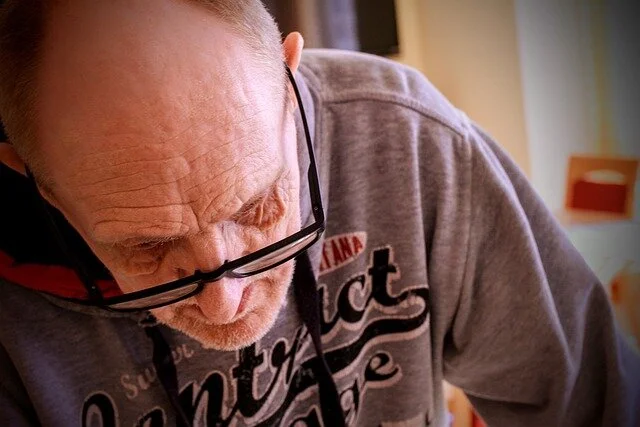Image by Carola68 Die Welt ist bunt...... from Pixabay
As a coach, much of my work centers on helping clients live a vital life. But what does that mean?
The word vital is derived from the Latin word for life: vita. The Oxford English Dictionary notes that by the Middle Ages, the English word vitalis had come to denote the animating principle of life. Today, dictionary definitions of vital include
· Something absolutely necessary or important; essential.
· Something that is full of energy or lively.
Some of the synonyms for vital are happiness, spirit, exuberance, buoyancy, zest, and vigor. We know vitality when we see it. We also know when someone doesn’t have it. We associate a lack of vitality with lethargy, indifference, disengagement. Study after study has confirmed that we can take steps to build a meaningful and purposeful existence full of energy and spirit—a life of vitality.
So how do we do that? Research on the Blue Zones points to some essential components of a more vital life. Writer Dan Buettner identified the Blue Zones as five regions of the world where people live long, active, and healthy lives. In the Blue Zones, people stay active into their 80s and 90s and are significantly less likely to suffer from the chronic and degenerative diseases that plague our own society.
In his book Blue Zones: 9 Power Lessons for Living Longer From the People Who Have Lived the Longest, Buettner shares patterns of behavior that were common in Blue Zone communities from Costa Rica to Greece to Japan. Many of those practices relate to nourishment, exercise, and stress-reducing rituals. Others center around building relationships and being part of communities.
My work with clients often focuses on another Blue Zone pattern: living with a sense of purpose. One of my clients calls it his “why.” Buettner says “The Okinawans called it ikigai and the Nicoyans [of Costa Rica] call it plan de vida. Knowing why you wake up in the morning makes you healthier, happier, and adds up to seven years of extra life expectancy.”
Other researchers have found similar results in studies with older adults. In an 11-year study led by Dr. Robert Butler, found that people between 65 and 92 who had a clear sense of purpose lived longer than those who did not.
Sometimes clients come to me because they feel their lives are without purpose. And indeed, in a society that is constantly bombarding us with messages about what we ought to be and do, it can be easy to lose sight of our sense of purpose, especially because purpose is not a fixed, unchanging element of your life. As your interests change, your skills develop, and your life circumstances shift, your sense of purpose can change.
Your purpose aligns with your values and ideals. It cannot be driven by guilt or by the expectations of others. A purpose doesn’t have to be lofty with a fancy title: caring for family, helping the neighbors, or serving in a volunteer role can all be at the core of a sense of purpose. My grandmother’s lifelong purpose was nurturing her family and community. That nurturing looked different at different points in her life, but that purpose gave her life meaning throughout her 97 years.
Image by Jan Steiner from Pixabay
One of my friends has a satisfying professional job, but I’m willing to bet that she feels as much or more purpose in her weekly volunteer shift at the local humane society. When she talks about her work with the animals and when she posts about them on social media, her commitment and passion for the work is palpable and clearly purpose-driven.
Nurturing a sense of purpose requires intention and mindfulness, and in a fast-paced world where outside forces can highjack our energy and attention, finding and pursuing purpose can feel like a daunting task. I try to help clients listen to their own inner wisdom as it whispers beneath the din. I ask a lot of questions and assign exercises that require deep reflection.
A month or so ago, after asking a client a series of questions designed to help her tap into her deepest wisdom, she asked me a question. Before I could say anything, she said—with a tone of astonishment—“I think I know the answer to that now that I put it into words and heard myself say it out loud.”
The process of identifying purpose looks a little different with each client. It can take courage to look deep within one’s own soul and disregard all the messages that the larger culture and even our well-meaning loved ones send us. But this inner work can lead to a life of vitality.
What about you? Do you approach your days a sense of purpose? If not, what can you do to dig deep and tap into that source of vitality?



